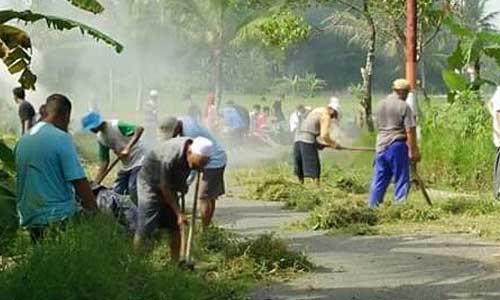Conflict is a central process in people’s lives. According to Randall Collins, there are 5 Principles of Analysis and 3 Models of Social Stratification Conflict.
Examples of Visible Social Phenomena.
According to Randall Collins, organization is an arena of conflict. Conflict between an organization and another or conflict within the organization itself, namely individuals between individuals.
Social interactions carried out by individuals are related to their interests, power, wealth, social status, which each individual wants to achieve in social organizations.
The visible example can be seen from political organizations, where interests and power give each other power of influence to members and followers.
The existence of a high ego causes conflict within political parties to be inevitable, conflict will always exist in political organizations.
For example, we can see the conflict over the general chairman, which usually has dualism of leadership in political parties.
In the end, among individuals who conflict because of an emotional drive or ego, they will leave the party structure.
And of course, will establish their own political party with other individuals who feel they did not get space in the previous political party.
That’s a glimpse of what we can see in conflict, because of the maneuvers of each individual.
Social process.
Conflict is a central process in people’s lives. The social structure is inseparable from the actors who build it.
Social structure is the essence of individual interaction patterns in the structure of continually re-creating their social organization.
Three Models of Social Stratification Conflict According to Randall Collins , namely:
1. Individuals who live in the world, subjectively constructed where they build themselves.
2. Some people / individuals have the power to be able to influence or influence the construction of the individual’s subjective world, or to control the subjective experience of the individual.
3. The existence of several people to try to influence the subjective construction, as well as the tendency of individuals to control different people or to oppose the individual’s subjectivity.
The Five Principles of Conflict Analysis According to Randall Collins , namely:
1. Conflict theory should focus on the real world rather than the abstract world.
2. Stratification conflict theory should examine the arrangement of materials that influence interactions.
3. In an unbalanced situation, the resource ruling group will likely try to exploit the limited resource pool.
4. Cultural phenomena (beliefs + ideas) are seen from the point of view of interests, resources and power.
5. In looking at stratification, conflict theory must conduct empirical research.

